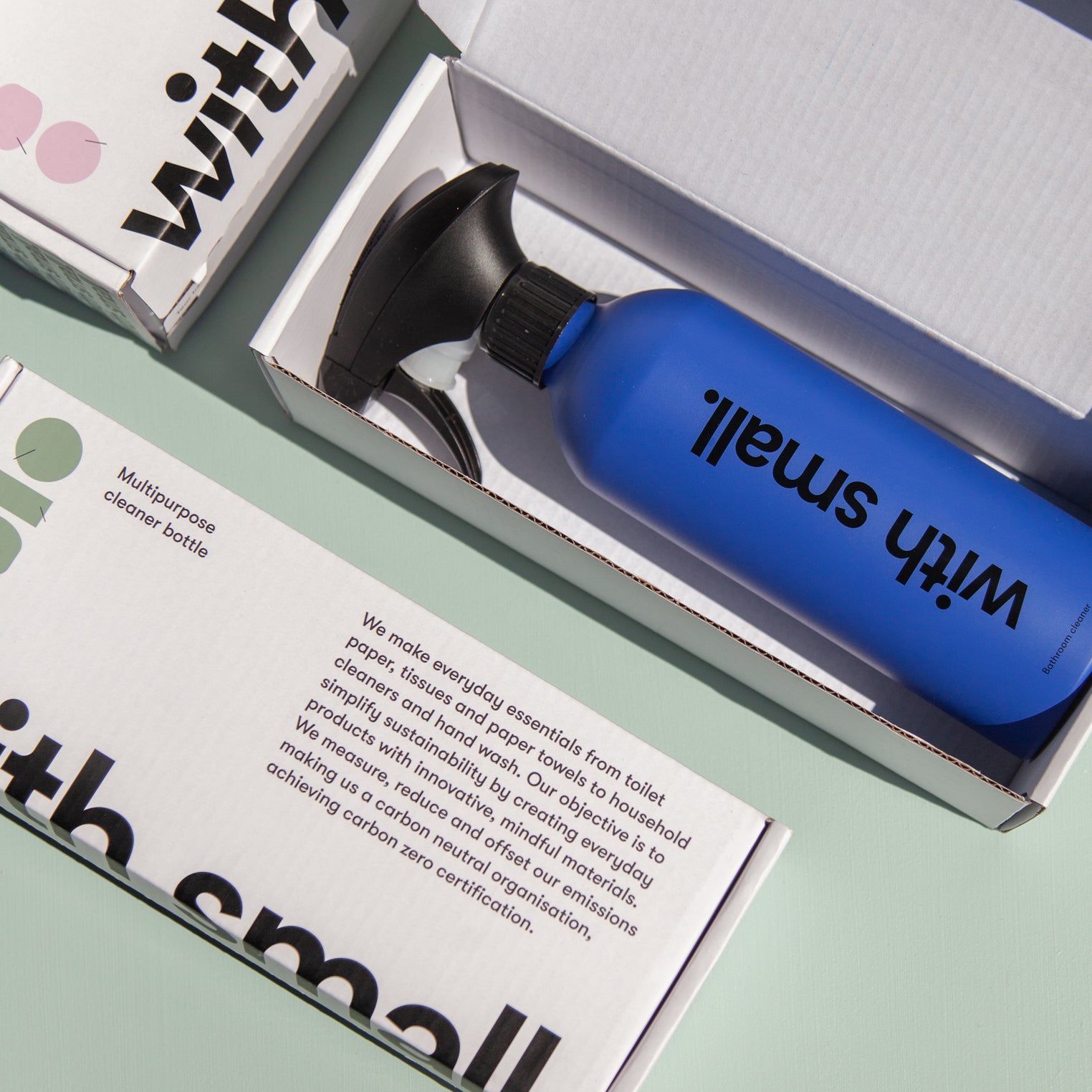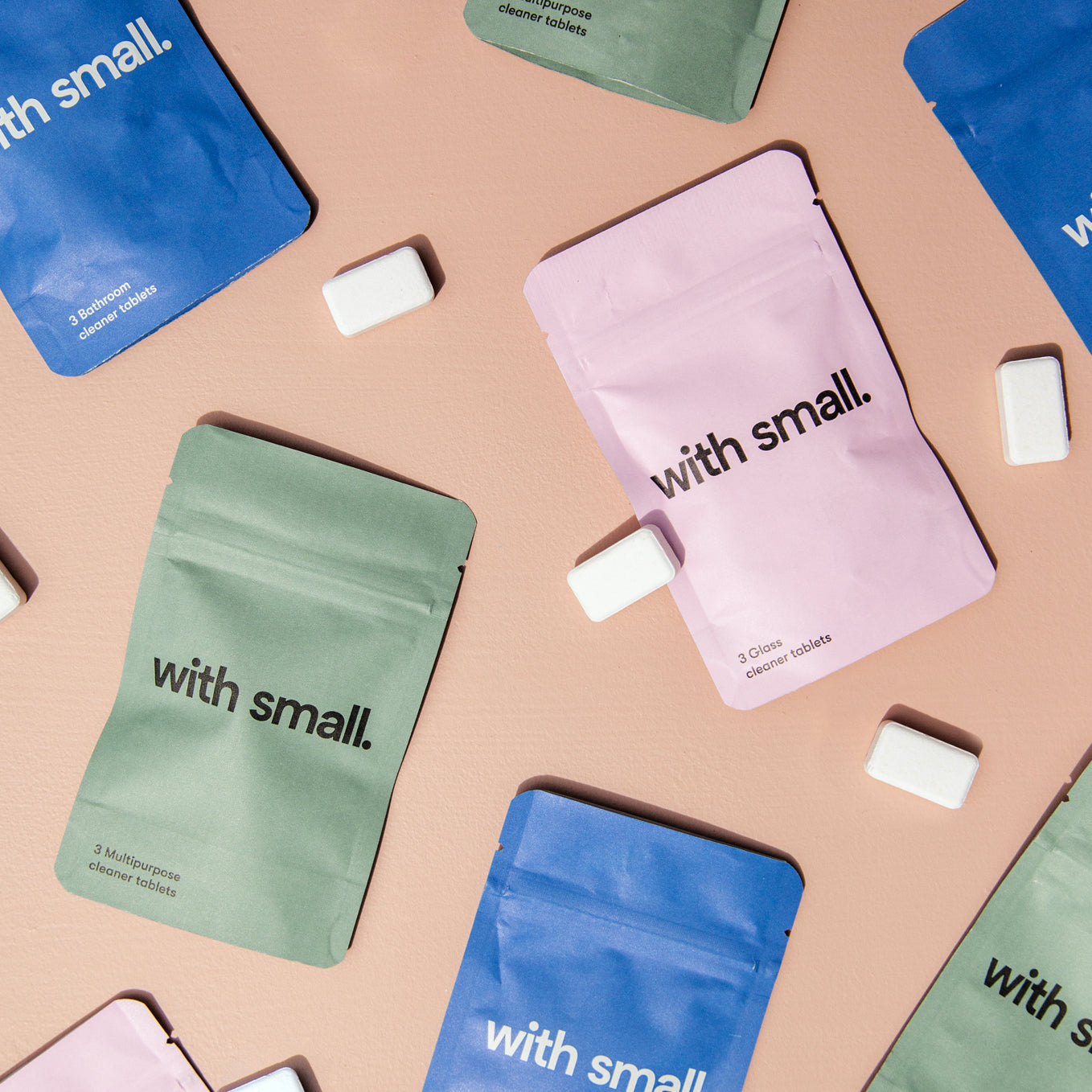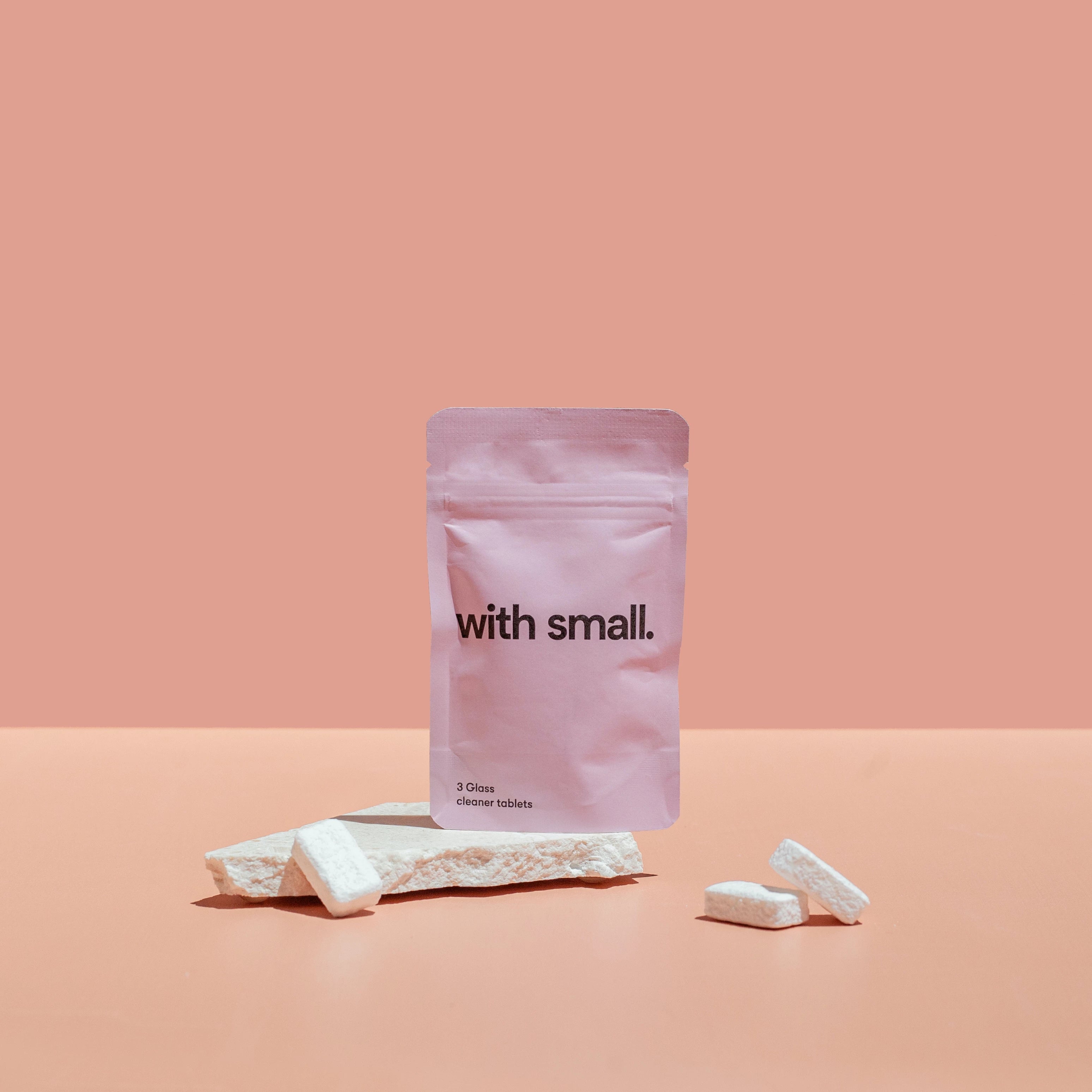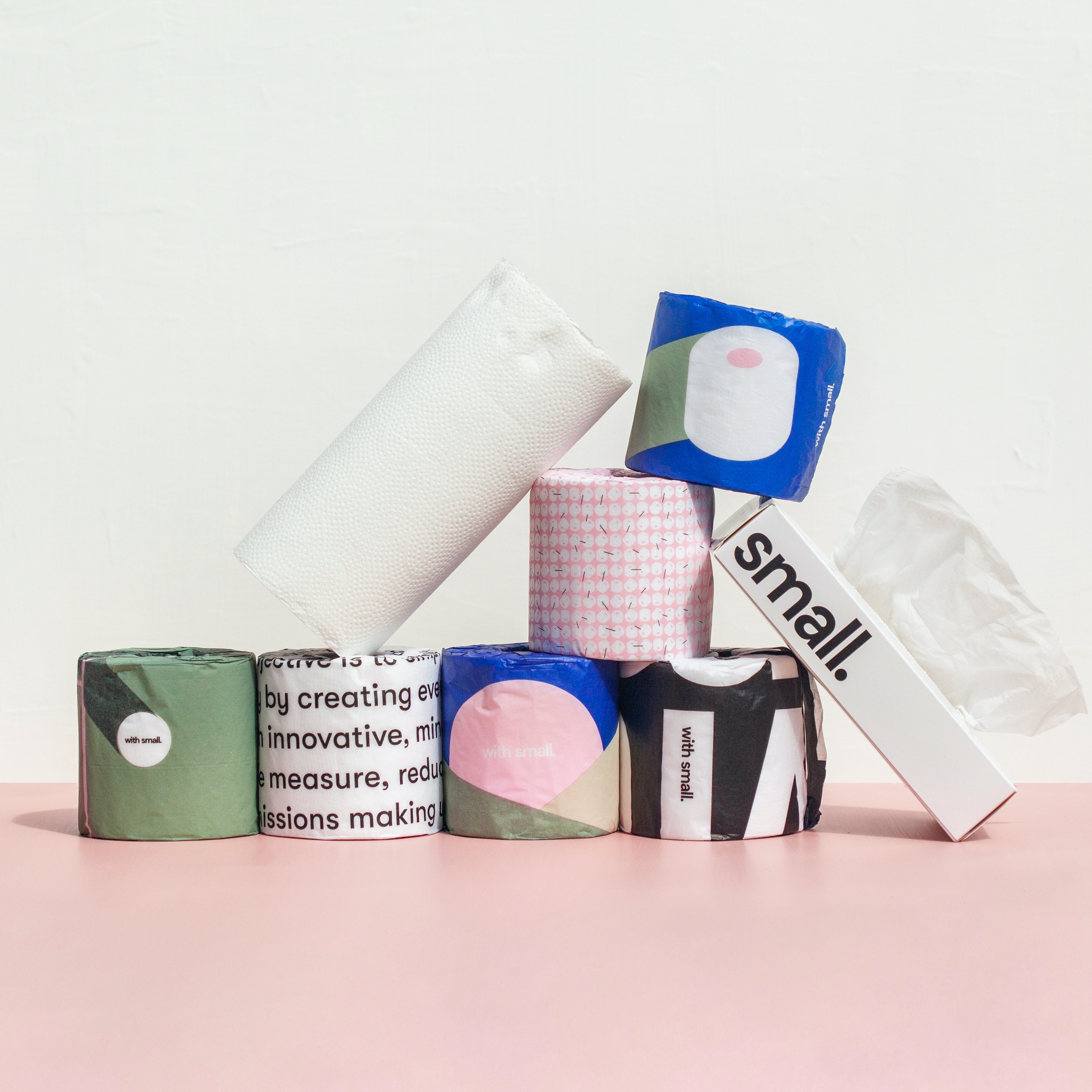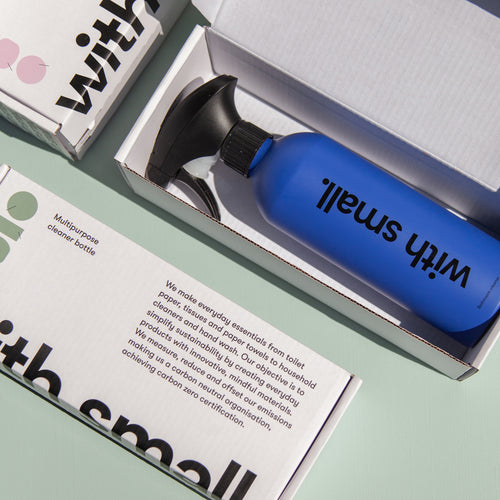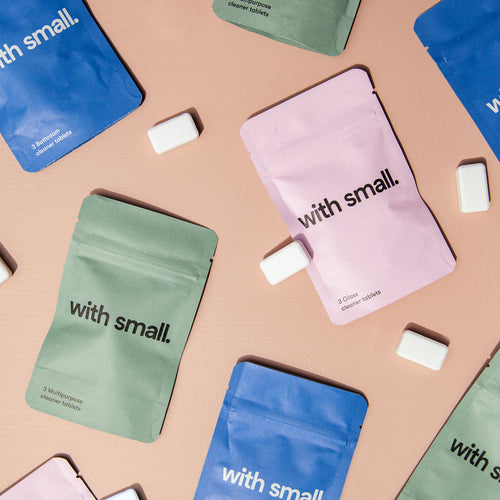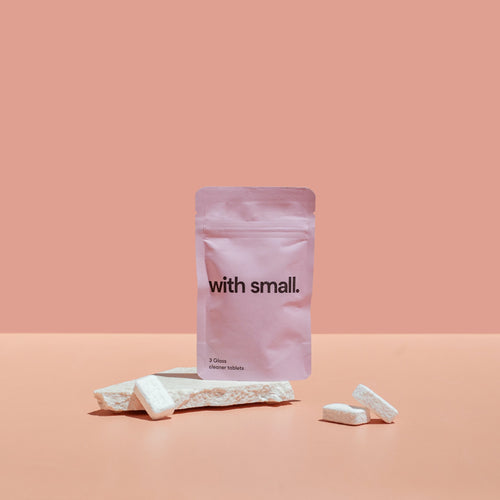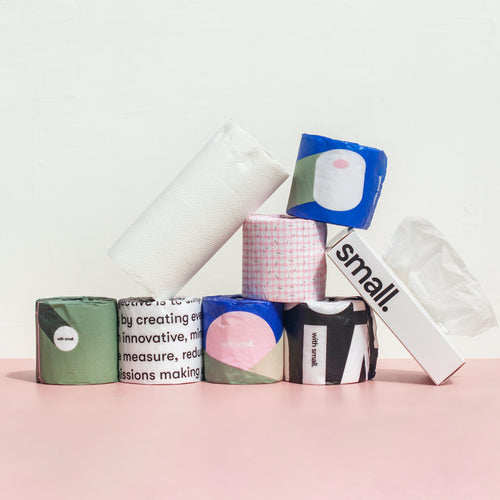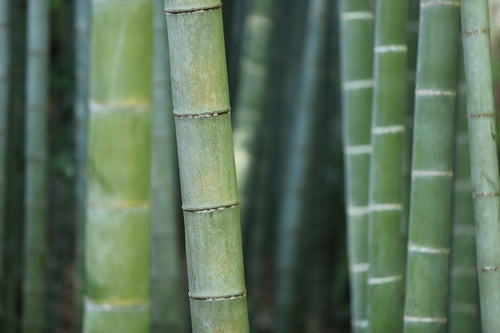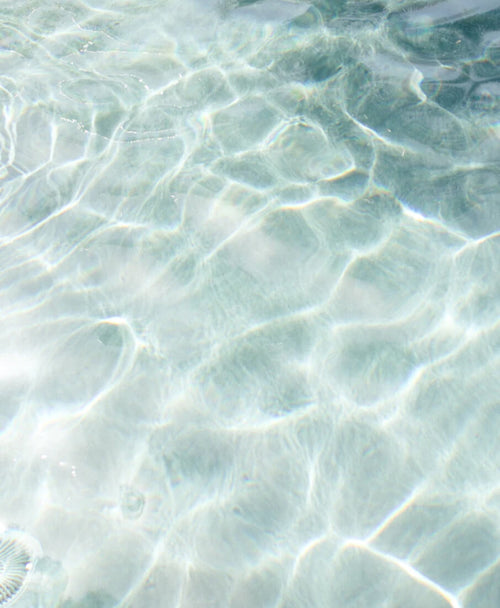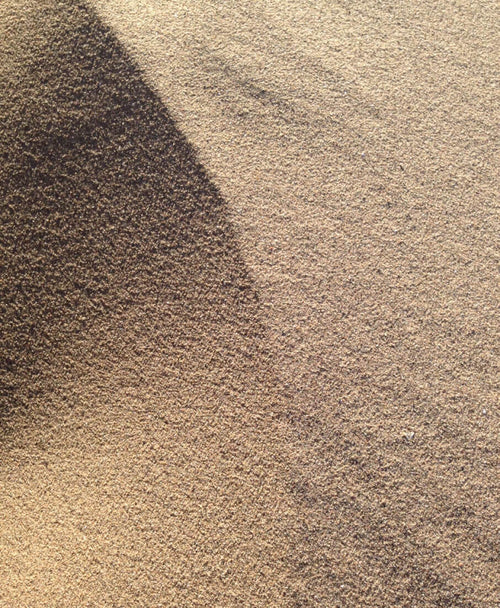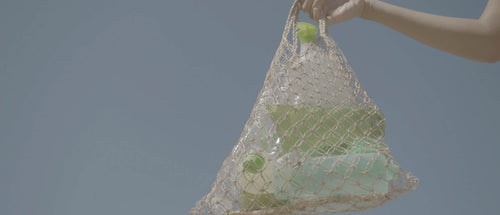A term for refined wood pulp and is used as an anti-caking agent for our tablets.
Non-toxic cleaners and eco-friendly paper products. Learn more about the plant-based ingredients used to make your with small products here.
Filter
- Multipurpose cleaner
- Bathroom cleaner
- Glass cleaner
- Hand wash
- Paper
-
Microcrystalline Cellulose +
-
Citric Acid +
An organic compound which occurs naturally in citrus fruits like lemons.
-
Sodium bicarbonate +
Sodium bicarbonate, commonly known as baking soda or bicarbonate of soda, is a salt that breaks down to form sodium and bicarbonate in water.
-
Silicon Dioxide +
Also known as silica, is an oxide of silicon and is used as an anti-caking agent. Most commonly found in nature as quartz and in various living organisms. In many parts of the world, silica is the major constituent of sand.
-
Sodium Benzoate +
Is the sodium salt of benzoic acid, widely used as a food preservative and a pickling agent.
-
SCS (Sodium Coco Sulfate) +
Derived from vegetable oil, SCS provides excellent foaming, thickening and conditioning properties.
-
Magnesium Stearate +
A soap, consisting of salt, derived from plant-based sources including coconut and vegetable oil.
-
Maltodextrin +
Produced from vegetable starch such as rice and corn.
-
Leucine +
An amino acid.
-
Hydrated Silica +
Hydrated silica is naturally derived from silica (silicon dioxide), an abundant compound that forms about 12% of the earth's surface.
-
Calcium Carbonate +
Comprises more than 4% of the earth's crust and is found throughout the world. Its most common natural forms are chalk, limestone, and marble.
-
Bagasse +
Otherwise known a sugarcane pulp, is a by-product of the sugarcane industry. It is the fibrous substance that is left behind after the juice of the sugarcane plant is harvested. Up until recently, bagasse was usually disposed of or left to rot.
-
Bamboo +
A fast-growing plant with a simple ‘diet’ of rainwater and sunshine, and it has little wear and tear on soil quality.
We’ve been certified through Toitū Envirocare as carbon zero since 2019 eliminating our carbon footprint through purchasing carbon credits that help plant trees and install solar energy stations around the world.
